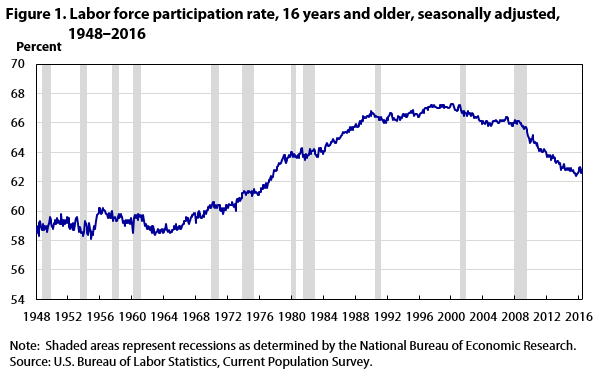- Joined
- Jan 25, 2010
- Messages
- 35,683
- Reaction score
- 19,291
- Gender
- Undisclosed
- Political Leaning
- Undisclosed
Property is fine. Usury is not. When you're given back the exact same thing in the end, by what right should you demand profit?
Opportunity cost and risk.
Why would I lend anything to someone for an extended period of time, during which I could have made money on it, or have it lost, destroyed or damaged during the period of the time it was lent out?
Without the compensation, why would anyone lend anything out. No one would get a mortgage. People would have to save up the entire purchase price of a place to live before being able to get one. Meaning people would have to wait until they are 50, or get it from relatives




